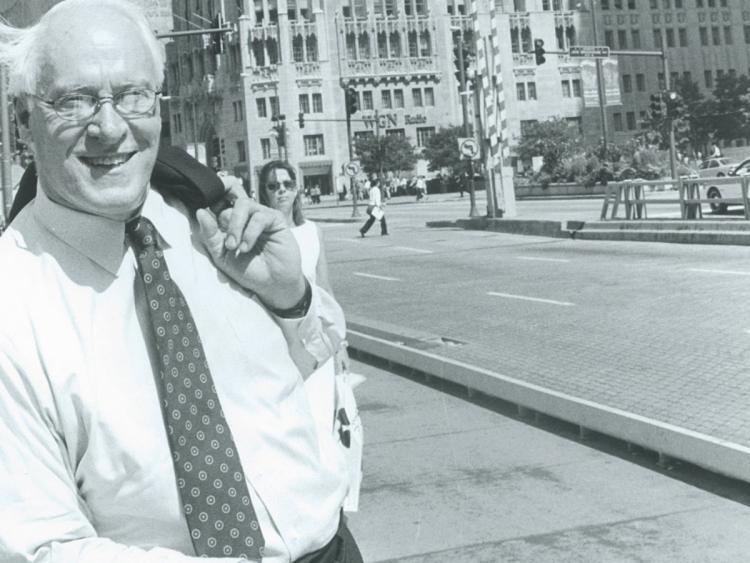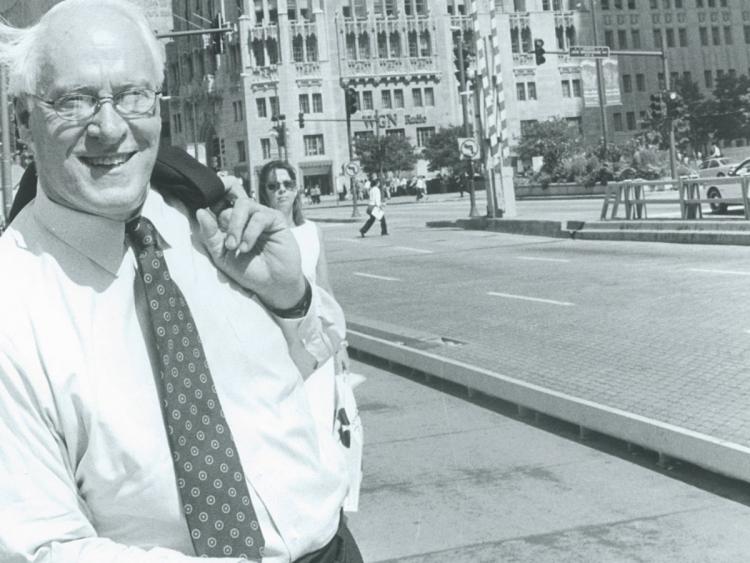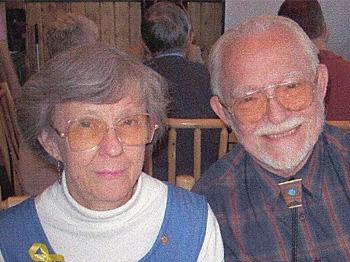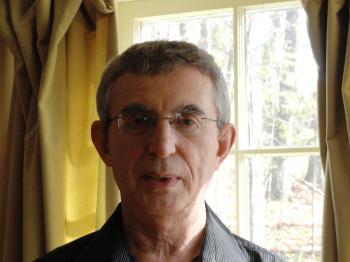Jon Anderson: Profile of an Uncommon Journalist
Jon started his first newspaper, in Quebec, at age 9, with a headline that America had dropped a nuclear bomb on Hiroshima.
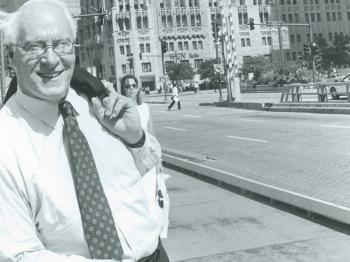
In 2006, Jon gave up his post at the Chicago Tribune and is currently writing his second book, 'Marcel Proust & My Cancer & Me: How to Live a Richer, Fuller Life While Battling a Loathsome Disease.' Joan Mudd
|Updated:

